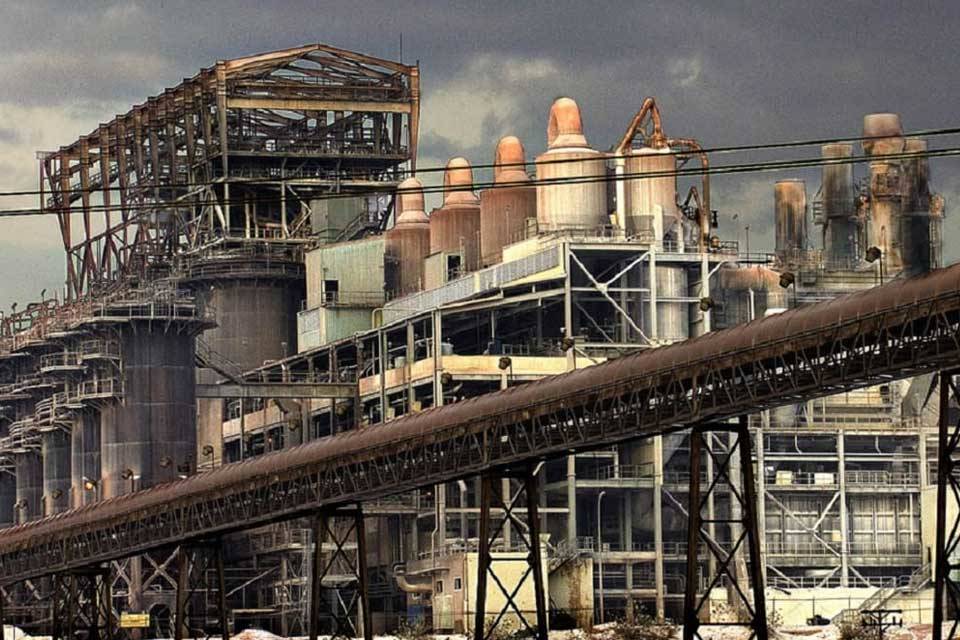Have you ever heard of the Escazú Agreement? Do you know what is it about? Did you ever wonder why the Venezuelan government does not speak of this international human rights treaty?
Let’s start by saying that the Regional Agreement on Access to Information, Public Participation and Justice in Environmental Matters in Latin America and the Caribbean today, also known as the Escazú Agreement, entered into force on April 22, 2021, to mark International Earth Day.
What is this Agreement about?
This international human rights treaty aims to guarantee the full and effective implementation in Latin America and the Caribbean of the rights to environmental information, public participation in the decision-making process on environmental issues, and access to justice in environmental matters.
Also, the instrument includes specific provisions for States to protect human rights defenders in environmental matters and incorporates a rights-based approach for matters concerning indigenous peoples and people in vulnerable situations, with provisions to favor these groups in the access to the information, participation, and justice.
To achieve these objectives, the Agreement establishes that States must implement measures aimed at improving their institutional framework; design information management mechanisms; optimize decision-making processes, further incorporating intercultural and gender-based approaches, and enhance the administration of justice for prevention and attention to environmental damage or environmental rights.
What is the situation in Venezuela?
The process of developing this Agreement was quite long. It began in 2012 in the context of the Rio+20 Summit. At the meeting, a group of Latin American and Caribbean countries signed the Declaration on the Implementation of Principle 10 of the Rio Declaration on Environment and Development.
Principle 10 of the Rio Declaration establishes that environmental issues are best handled with the participation of all concerned citizens, appropriate access to information concerning the environment, the opportunity to participate in decision-making processes, and effective access to judicial and administrative proceedings on environmental issues.
At that moment, the Venezuelan government decided not to participate in the process. So far there is no information on the specific reasons for this. When we once consulted a high-level official from the Ministry of Ecosocialism, her response was: “It is a political decision.”
From that moment on, the countries that were part of the process began a long and difficult negotiation process. Many countries expressed doubts on how this treaty could affect the economic interests of governments. At the same time, they could be accused of violating human rights due to the murders and persecutions suffered by environmental rights defenders in the region.
The process was able to advance due to the efforts of an important group of Latin American civil society organizations, which, with the support of international partners, managed to exert enough political pressure to advance toward a definitive agreement.
In March 2018, a final text was finally agreed upon in the Costa Rican city of Escazú. At that time, 24 countries in Latin America and the Caribbean signed the document.
This achievement was on the verge of being lost after several of the signatory countries decided not to ratify the instrument. In other countries, the labyrinths of State bureaucracies and difficult political negotiations made the ratification process very slow.
Despite this, the work of many civil society organizations made it possible to achieve the goal of having at least eleven countries ratify it, the required number for the instrument to enter into force.
So far, the countries that have ratified the Agreement are Antigua and Barbuda, Argentina, Bolivia, Ecuador, Guyana, Mexico, Nicaragua, Panama, Saint Kitts and Nevis, Saint Vincent and the Grenadines, Saint Lucia, and Uruguay.
Needless to say that the Venezuelan government not only did not participate in this process but also ignored every call to join it.
How does it affect Venezuelans?
The reports of the Venezuelan organizations that defend the people’s right to seek and access information held by the government have stated that censorship and information opacity are State policies in Venezuela.
In this sense, Venezuelans walk blindfolded amongst many environmental situations in the country due to lack of information. Many of these situations are key for the social and economic development of the country and public health.
Many Venezuelans are unaware of issues such as the availability and quality of water across the country, air pollution levels, forecasts on changes in meteorological patterns, territorial planning processes, the policies for the conservation of biodiversity, the strategies to prevent the effects of climate change, etc.
Without this information, it is impossible to realize the social and economic development of the country. Without access to participation, the decision-making processes will always be arbitrary and will depend solely on the discretion of officials and the pressures of economic interests. Perhaps the latter is the real reason behind the Venezuelan government’s refusal to assume these obligations.
But taking away those rights is condemning Venezuelans to poverty and denying our right to build our future.
For this reason, getting Venezuela to join the Escazú Agreement should be imperative for Venezuelans.
Translated by José Rafael Medina




